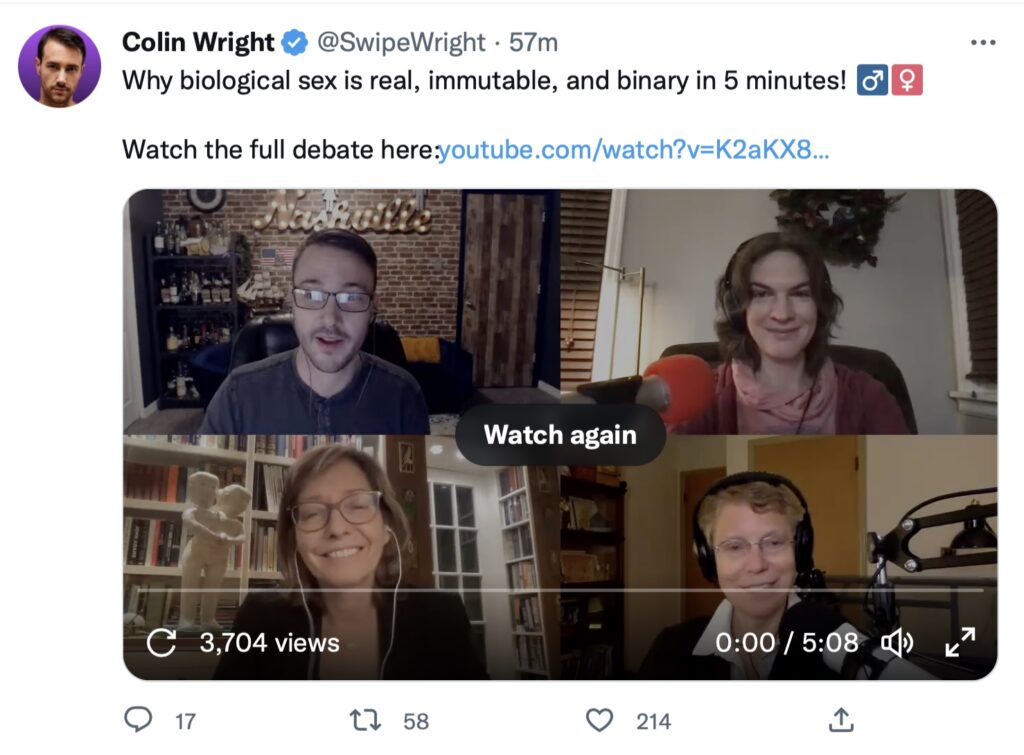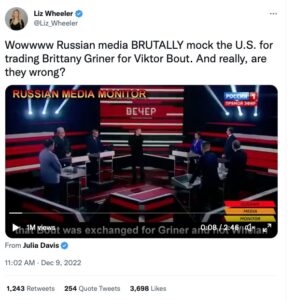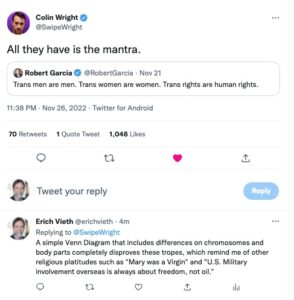Colin Wright: Sex is Binary
I've often referred to the work of Biologist Colin Wright. In this 5 minute video, Colin explains why biological sex is real, immutable, and binary. To his explanation, I would add this: There is no third sex that has a third type of gamete. To the extent that anyone claims there is a third sex that has a third type of gamete, please explain how that third type of gamete leads to the creation of offspring.





